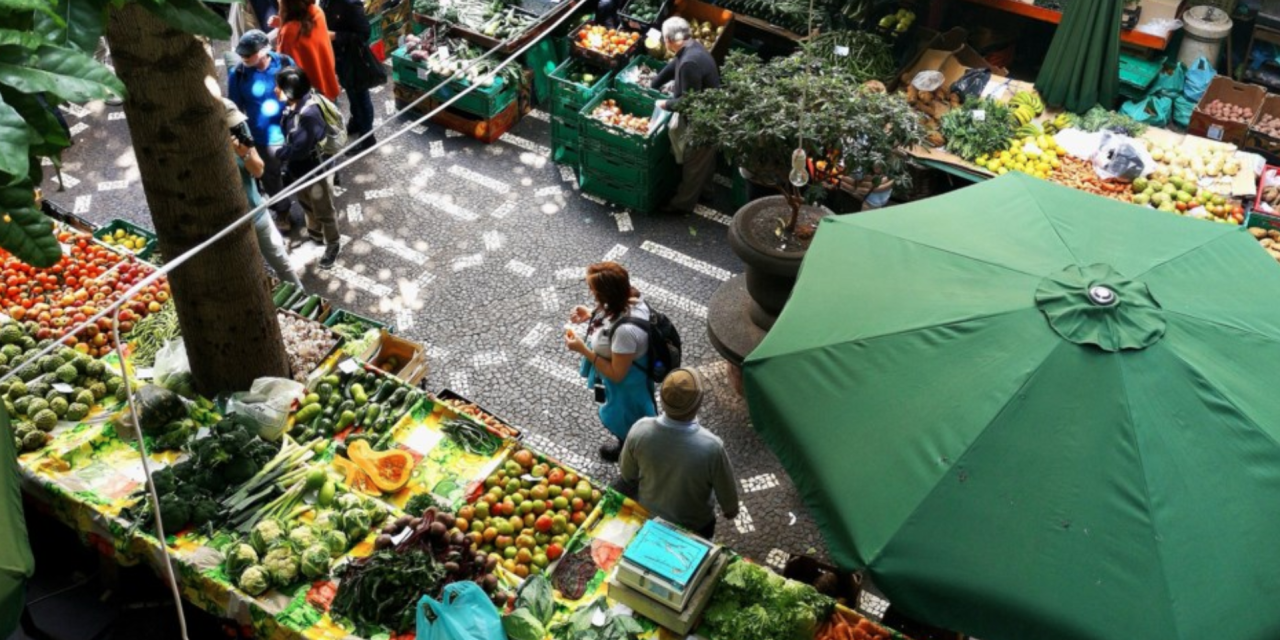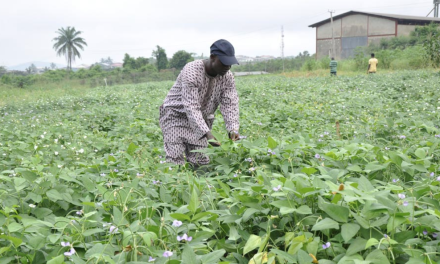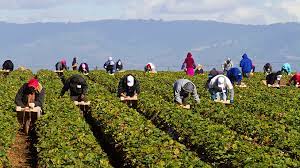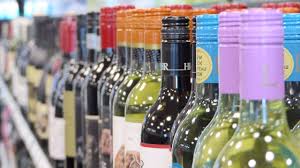But these days, markets are challenged to maintain the right combination of food and non-food
vendors to attract patrons, while following stringent but important public health regulations for
preparing and offering food.
Administratively, provincial red tape surrounding onsite food preparation forces many vendors
to avoid it.
But that prompts criticism. The public considers fresh, local and prepared food a big attraction
at markets. People want more than a flea market. Being able to grab something to munch on
while you cruise around the market and check out the other attractions is a big deal. Plus, food
preparation makes a market smell great.
When COVID ended, it was thought that farmers’ markets would be swamped with people.
Cooped-up consumers were anxious to get out and circulate again. But it turns out that the
selection at a farmers’ market is as important as the trek there.
And of course there are advantages to the farmers themselves who either have a booth at the
market or support others who do.
Now, a group of community-minded food enthusiasts is brainstorming opportunities for
creating more awareness about farmers’ markets — and not just among patrons.
Benefits accrue to the community, to farmers and to start-up businesses when the local
farmers’ market is succeeding. There’s a ripple effect for those who support visitors, such as gas
stations and coffeeshops, as well as other retailers.
Christina Mann, Wellington County economic development manager, is part of the group trying
to find ways to pave the way for the right mix of vendors at farmers’ markets.
“We can be proud to have so many markets across the county,†she says. “The best thing is that
we support each other, and undertake collaborative initiatives, such as the farmers’ market box
series and the farmers’ market trail.â€
She’s particularly versed on agritourism, having been one of the lead architects for the
successful Taste Real program, Wellington County’s local food program. Those types of
imaginative efforts are needed to support markets that are having a hard time.
And on the topic of support, it was notable that provincial Member of Parliament for Perth-
Wellington, Matthew Rae, stepped forward with a private member’s bill last week that could
help remove barriers and provide consistency across Ontario’s agritourism providers.
Through liability protection, Rae says his Growing Agritourism Act would mitigate some of the
risks involved with agritourism operations on farms, which go hand-in-hand with destinations
such as farmers’ markets.
Liability has long been a huge question on farm visits. If the bill is passed, agritourism operators
who clearly inform visitors of the inherent risks associated with farm operations would be
eligible for liability help, if needed.
It’s the first of its kind in Canada, according to Rae.
“Many of our farm families in Perth-Wellington, and across Ontario, are choosing to offer
agritourism activities on their farms,†he says. “They are opening their homes to the public to
share their love of the land and animals. It is important we ensure all parties know the inherent
risks associated with walking on to an active farm operation.â€





